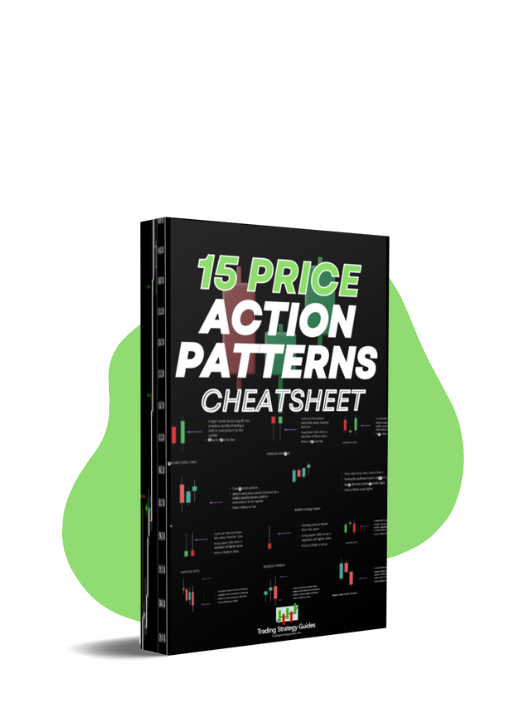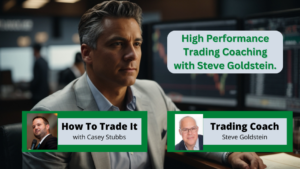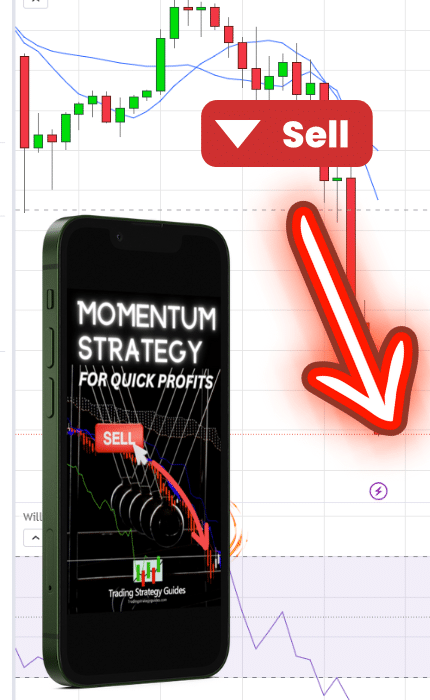Financial Sovereignty with Stephen Flood: Gold Asset Protection

Discover how to safeguard your hard-earned wealth and triumph against market turbulence. The CEO of Goldcore, one of the oldest gold and silver merchants on the market today, is our guest today.
Stephen Flood assists individuals in safeguarding their valuables by giving them access to the precious metals market and assisting them in storing their metals in vaults throughout the world.
Stephen discovered the value of investing in gold when advising clients on how to safeguard their assets and capital. He viewed it as a form of financial insurance with a positive sharpe ratio that offered rewards and reduced risk.
Gold was the ultimate form of currency that had existed for millennia and was adversely connected with the majority of assets. Stephen stated that gold confers financial independence and is an excellent portfolio diversifier. @stephen_flood says that ‘when you have the market in periods of dislocation, the gold price tends to rise.’ Join us on this episode of How To Trade It to find out more! Click To Tweet
In this episode, you will learn:
- What makes gold the ultimate form of money and why is it so valuable?
- How can gold help protect an individual’s portfolio in times of market volatility?
- What evidence is there that supports the importance of gold in a diversified portfolio?
Sponsor:
This is Casey Stubbs, 2022 was a disaster for most traders. I am releasing a new service called Swing Trading Reports. Each Sunday before the market opens I will bring you up to speed on the latest market trends, including gold, bitcoin, S&P 500, and multiple currency pairs.
The normal price for this is $75 a year, but we’re bringing the price down to $50 a year if you use the code HowToTradeIt25 when signing up.
Visit: new offer! | Casey Stubbs to join the community of successful traders today!
If you want to hear more, listen here:
00:00:37 – Goldcore in a nutshell
00:02:27 – What role does gold play in asset protection?
00:04:54 – The advantage of gold in dire market situations
00:07:30 – Currencies are being created and depreciated, while pensions and savings have plummeted
00:09:47 – Smart investors must navigate complex ties
00:11:16 – Distinction between physical gold and ETF
00:13:55 – What makes the system strong?
0y0:18:15 – Gold is king
00:21:34 – Keeping inflation under control
00:25:20 – Bank embezzlement and its global impact
00:27:05 – A thing called regulatory capture
00:28:47 – The power of money
00:30:28 – Most people are good, but systems may be corrupt
00:32:07 – A step-by-step guide to Goldcore
00:36:39 – Entering the US market
Regulatory Capture
Regulatory capture refers to a phenomenon where regulatory agencies, which are supposed to act in the public interest, become influenced or controlled by the industries they are meant to regulate. This can result in regulators protecting the interests of the industry they oversee rather than protecting the public.
Regulatory capture can manifest in many ways. For instance, a regulator may form close relationships with industry representatives and come to rely on them for information and expertise. The regulator may also come to see the industry’s goals as their own, even at the expense of public interest. In some cases, regulators may be directly influenced by the industry through lobbying, campaign contributions, or other forms of influence.
The effects of regulatory capture can be significant. If regulators are captured, they may not adequately enforce regulations, resulting in lax enforcement, non-compliance, or even a repeal of necessary regulations. This can lead to negative consequences for public health, safety, and welfare. For example, a captured regulatory agency may fail to enforce environmental regulations, leading to increased pollution and health risks for people in surrounding communities.
Regulatory capture is often associated with industries that have significant economic power and political influence. Such industries may use their resources to influence the regulatory process, including by lobbying lawmakers, contributing to political campaigns, and even hiring former regulators to work for them.
There are several ways to mitigate regulatory capture. One approach is to increase transparency in the regulatory process. This can involve requiring regulators to disclose their meetings and communications with industry representatives, as well as any conflicts of interest. Another approach is to limit the revolving door between regulatory agencies and the industries they oversee. This can be done by implementing rules that restrict former regulators from working for the industry they previously regulated for a certain period of time.
Regulators can also benefit from greater autonomy and independence. This can be achieved by giving regulatory agencies greater budgetary and decision-making authority, as well as insulating them from political pressure.
Physical Gold vs. ETF
Gold has been a store of value for centuries and is highly sought after by investors looking to diversify their portfolios. There are two primary ways to invest in gold: physical gold and exchange-traded funds (ETFs). While both offer exposure to the precious metal, there are significant differences between the two.
Physical gold refers to actual gold bullion or coins that are purchased and held by an investor. This type of investment is often seen as a hedge against inflation and economic instability. When purchasing physical gold, investors can choose between bars or coins in varying sizes and weights, with the most common sizes being one ounce and ten ounces.
One of the main benefits of investing in physical gold is that it provides tangible ownership of the asset. Unlike ETFs, which are essentially a form of paper gold, physical gold can be held in one’s hand, stored in a safe or a vault, and passed down as an inheritance. It is also immune to any counterparty risk, meaning it is not dependent on a third party for its value.
However, physical gold also has some disadvantages. One of the biggest drawbacks is that it can be expensive to purchase and store. Buying and selling physical gold typically involves higher transaction costs than trading ETFs, and storage fees can add up over time. Additionally, holding physical gold requires secure storage, which can be challenging for some investors.
ETFs, on the other hand, are a form of paper gold that allow investors to gain exposure to gold without physically owning the metal. ETFs track the price of gold and are traded on exchanges like stocks, making them more easily accessible and tradable than physical gold. ETFs also provide investors with liquidity, as they can be bought and sold quickly and easily.
Another advantage of ETFs is that they offer lower transaction costs and more flexibility than physical gold. Investors can buy or sell shares of an ETF at any time during market hours, and the trading fees are typically lower than those associated with physical gold.
However, ETFs are subject to counterparty risk, which means that their value is dependent on the financial stability of the issuer. Additionally, ETFs are not tangible assets and do not provide investors with the same sense of security as physical gold.
Resources & People Mentioned:
Connect With Stephen Flood:
- Website: https://www.goldcore.com/
- Twitter: https://twitter.com/stephen_flood
- Twitter (Goldcore): https://twitter.com/GoldCore
- Linkedin: https://ie.linkedin.com/in/stephen-flood-544905
Connect With Casey Stubbs:
- Website: https://caseystubbs.com
- Website: https://tradingstrategyguides.com/
- YouTube: https://www.youtube.com/TradingStrategyGuides
- YouTube: https://www.youtube.com/caseystubbs
- Twitter: https://www.twitter.com/caseystubbs
- Facebook: https://www.facebook.com/TradingStrategyGuides
- LinkedIn: https://www.linkedin.com/in/caseystubbs/
Subscribe to How To Trade It










